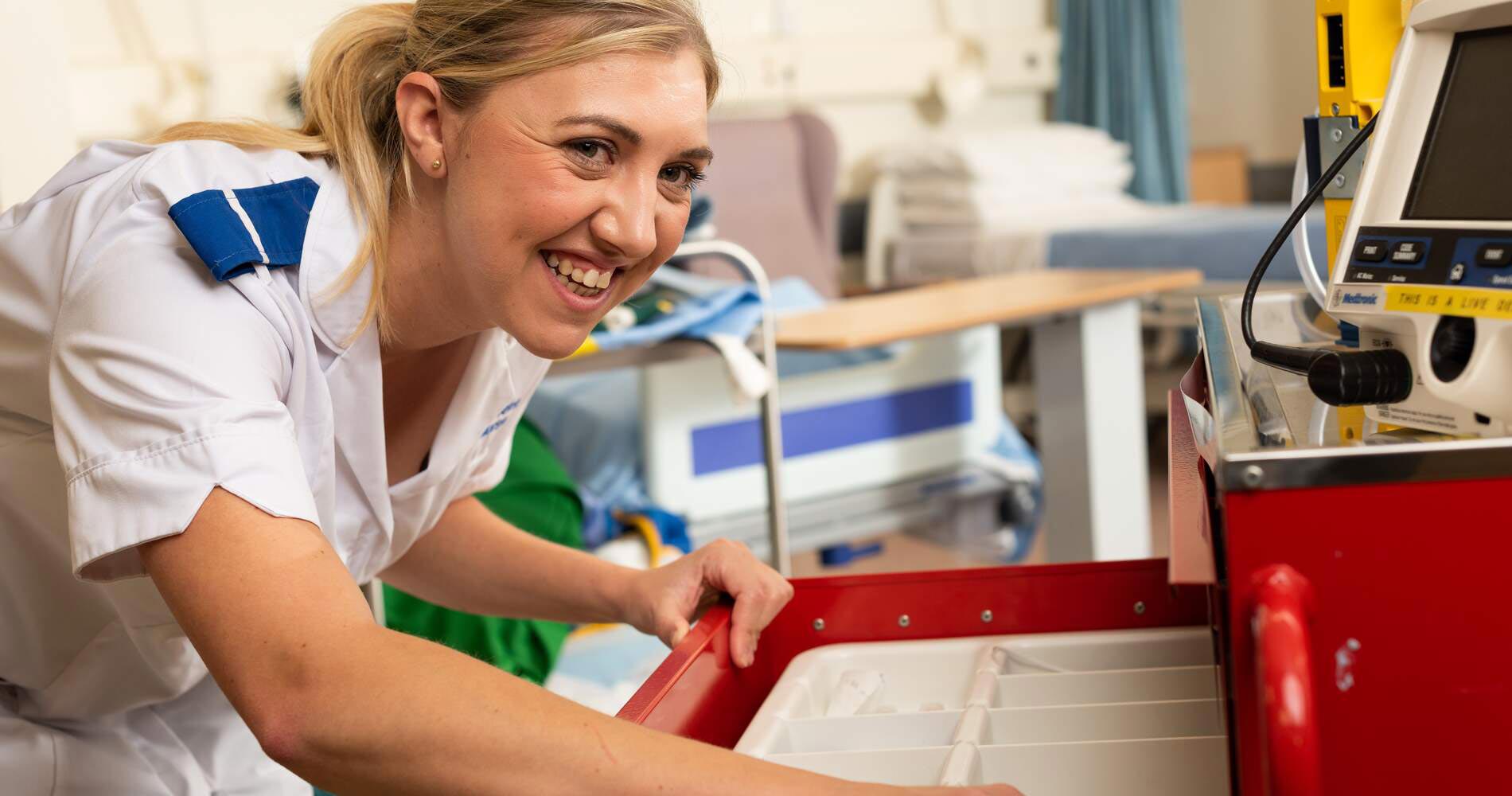You may be entitled to a full or partial reimbursement of your Immigration Health Surcharge (IHS) fees, you paid with your visa application, if all of the following are true:
- you're a full-time student in UK higher education.
- your visa started on or after 1 January 2021.
- you have a European Health Insurance Card (EHIC) issued in an EU country or Switzerland.
- you do not work or do not intend to work in the UK.
You'll get an IHS reimbursement that covers the period that your EHIC is valid in the UK. To get a full reimbursement, make sure that your EHIC is valid for the whole of your stay.
If your EHIC does not cover the whole of your stay, you can make an application for the amount of IHS covered by your EHIC. If you renew your EHIC, you can then apply for a further reimbursement. To make your first application you must have had at least six months left on your EHIC when your visa started.
You may not be able to get an IHS reimbursement for any periods in which you didn’t have a valid EHIC.
If you arrived in the UK between 1 January 2021 and 31 December 2021, you must apply for a repayment reimbursement by 31 December 2022.
If you arrive in the UK from 1 January 2022, you will have a year to apply from the start date of your visa.
Before applying for a reimbursement you need to carefully consider the implications of the scheme and whether you have any plans to work in the UK. If you received a refund on your IHS payments but then later started working in the UK, your EHIC card would not cover your medical care in the UK and you may be charged for any care you do receive.
You can find further details on the refund scheme, including guidance on how to apply, on the Gov.UK website.
FAQs
How do I prove my student status in the application?
You can request a Confirmation of Study letter from e:vision which will prove your student status and study dates. The application process does allow for a CAS to be provided but there have been reports of students' applications being rejected due to the format the University uses to provide you with your CAS.
Can I apply for a reimbursement if I have completed my course or have withdrawn from studies?
Yes, you can still apply for a refund but you must still apply by the deadline date that applies to your situation.
The IHS refund application is asking me to provide a 'share code' for an eVisa but I just have a BRP card, what should I do?
You can still apply but you will need to follow a separate application process. You will need to call the IHS team at NHS Business Services Authority (NHSBA) on 03003307693 to explain you are unable to provide a share code and that you need details on how to apply without one.
Who do I contact if I am having problems with my application?
The IHS team at NHBSA should be able to help you with most problems you are having with your application; you can call them on 03003307693. You can also contact our International Student Support team for advice.

